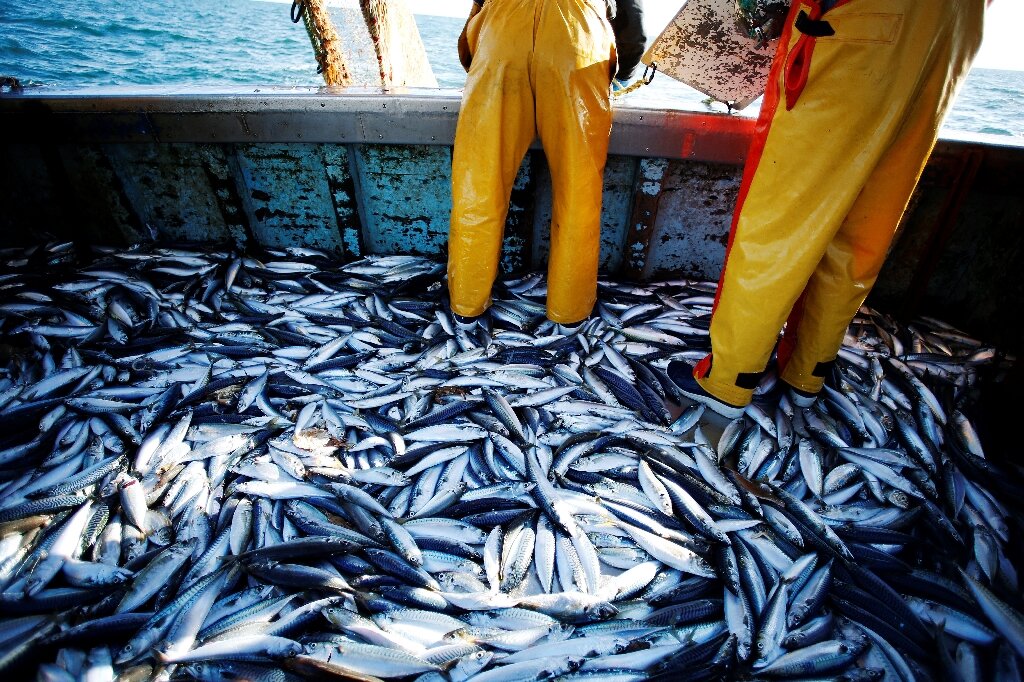New regulation strengthens EU enforcement against non-cooperative third countries involved in unsustainable fishing.
Clearer criteria and timelines increase transparency and pressure for international compliance.
Improved cooperation mechanisms aim to resolve issues diplomatically before EU trade restrictions are applied.
The European Council and Parliament have reached a provisional agreement to tighten oversight of non-sustainable fishing practices by third countries, aiming to safeguard shared fish stocks and protect EU fishing interests.
“Today’s agreement gives us stronger tools to tackle non-sustainable fishing practices allowed by third countries and to encourage responsible fishing,” said Jacek Czerniak, Polish State Secretary for Agriculture and Rural Development.
“Our message is clear: we are determined to safeguard the long-term sustainability of shared fish stocks and protect European fishers from unfair competition.”

Clearer, Enforceable Rules
The revised regulation sets clearer definitions for what constitutes a “failure to cooperate” with EU fishing rules. Examples now include:
Refusing to engage in or include relevant parties in consultations.
Not adopting or enforcing agreed control and conservation measures.
Imposing discriminatory quotas that ignore the rights of other nations and harm stock sustainability.
Countries that violate these standards risk EU-imposed restrictions, including import bans.
Additionally, the scope of enforcement now explicitly includes regional fisheries management organizations (RFMOs), enabling the EU to act in any multilateral setting where cooperation is essential.
RELATED ARTICLE: FoodTech Start-up Wanda Fish Raises $7M To Accelerate Pilot Production of Cultivated Bluefin Tuna
Strengthened Monitoring and Dialogue
To ensure transparency and accountability, the European Commission must regularly update both the Council and Parliament on progress in identifying and engaging with third countries.
The agreement also introduces a mandatory 90-day deadline for third countries to respond to EU notifications—tightening the compliance timeline and pushing for faster resolutions.
Where an RFMO is involved, its compliance body will take precedence in resolving disputes before the EU applies further measures.
The overarching goal: enhance dialogue, use diplomacy first, and escalate only if necessary.
This move signals the EU’s firm stance on sustainability and level playing field enforcement—critical for stakeholders eyeing stability in global fisheries and fair competition in seafood markets.
Follow ESG News on LinkedIn

